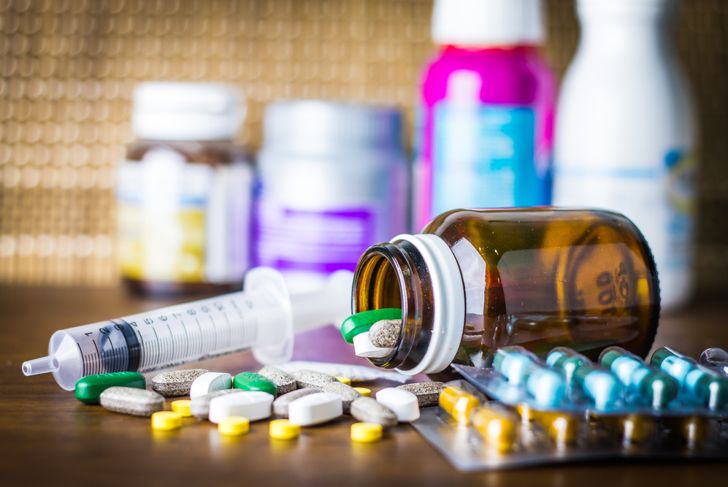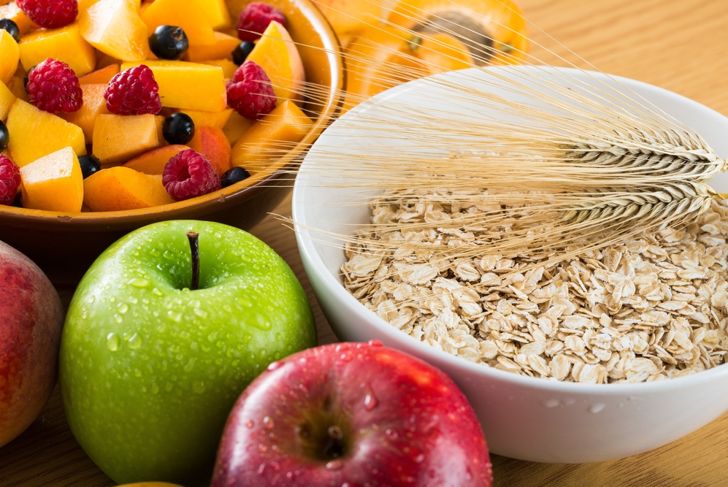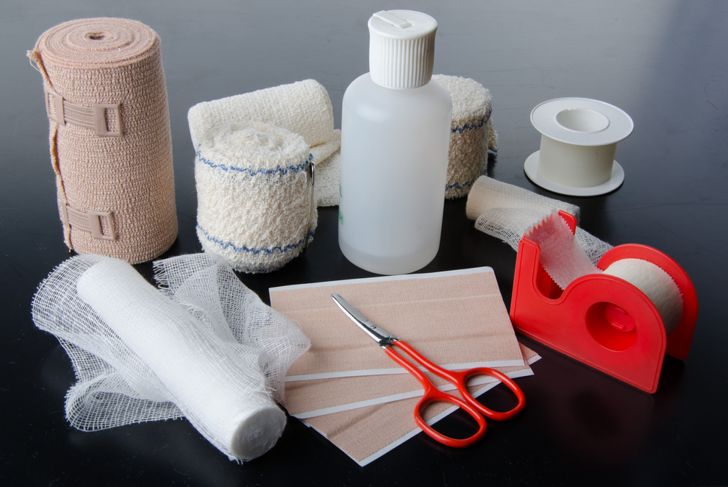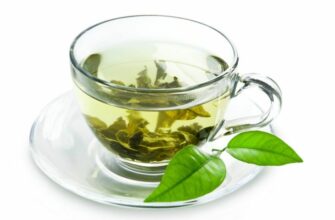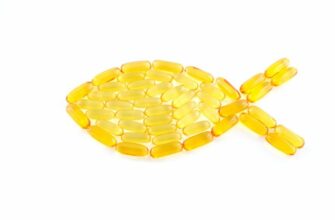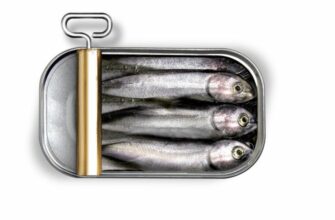Recovering from surgery can seem like a daunting task, especially when it comes to highly invasive operations such as hysterectomies. In fact, hysterectomies are one of the most frequently performed surgeries in the USA. It can take up to 6 weeks to recover from surgery, and it can be difficult to manage the side effects. But with the right tips and guidelines, you can achieve a rapid and painless recovery. Find out the top 10 tips for hysterectomy recovery.
Don’t Work Out
One of the most common mistakes people make who are recovering from a hysterectomy is working out too soon. If you don’t allow for your body to fully heal, you are at risk of injuring your body and causing long-lasting damage. Depending on the type of hysterectomy you have, you will receive instructions on which type of physical activity suits you. Normally, you can resume light activity around two weeks after the operation, provided no pain or discomfort is present. In other cases, you may have to wait longer. Consult your doctor to come up with a framework.
Get Plenty of Rest
As with other operations, a certain amount of rest is necessary to allow your body to conserve energy as to heal the body fully. Because hysterectomy is considered major surgery, it can limit your mobility for up to a few weeks after the operation. But don’t worry; as long as you follow your doctor’s recommendations, your chances of fully recovering are very high. The more you allow your body to recover, the faster you’ll be back on your feet. That’s why it’s important to abstain from activities that might injure the body.
Use Medication
A convenient treatment for pain and discomfort caused by a hysterectomy is over-the-counter pain medication as well as prescription medicines. After your operation, your doctor can give you a prescription for different drugs that help alleviate pain as well as other symptoms associated with the healing process. While drugs won’t cure the condition, they’ll help you feel better both mentally and physically. You are likely to experience pain in the lower abdomen, which can last for up to 2 to 3 weeks. It’s important to take prescribed medication within limits set out in the prescription.
Don’t Lift Weights
Some people can only feel satisfied after going to the gym, and some even go on a daily basis. But if you’ve recently gotten a hysterectomy, you should lay off the heavy weights for some time, at least until your body has healed. If you lift weights right after being operated, the stress can cause all kinds of problems ranging from hernias to severe pain. Abdominal exercises should be avoided for at least a month, and even longer if the doctor so recommends. Other activities that put pressure on the abdominal muscles should also be kept to a minimum, like driving.
Eat Fiber
One of the more unpleasant side effects of surgery is limited bowel function. Surgery, and especially major operations such as hysterectomy, can cause the digestive process to become slower. Moreover, the bowels can have difficulty expelling food due to a lack of water, so remember to drink at least 6 to 7 glasses of water per day. Also, make sure to consume plenty of fruits and vegetables, which are rich in fiber and can help the stomach to digest foods properly. In a worst-case scenario, laxatives may be used.
Take Care of Your Incision
Regarding getting better, one of the best thing you can do is to carefully follow the instructions given to you by your doctor regarding the healing process of the incision. To ensure proper healing, you must first and foremost keep the incision area clean and dry, as to inhibit the growth of harmful bacteria. To do so, wash it daily with the prescribed treatment. If you spot signs of infection, contact your doctor as soon as possible. Redness, irritation, or drainage are common signs of infection. Another tip is to wear loose clothing that doesn’t further irritate the skin.
Enjoy The Sun
After surgery, you’ll most likely feel tired and sore for a few days (and up to a few weeks afterward). But that doesn’t mean you should stay all day indoors, so don’t be afraid to take a short walk in your garden. Light movement will reduce the chance of deep vein thrombosis, and it will promote circulation. It can also get you in a better mood. If you feel any pain, sit back down and monitor the situation. Constipation can also be alleviated by walking outside. Remember to keep activity light and slow-paced.
Eat a Balanced Diet
To help the recovery process, you should follow some general guidelines with regards to your diet. After the surgery, eat light foods that don’t irritate the stomach and that don’t require too much effort to digest, like vegetable soup. Afterwards, you can slowly start incorporating fiber-rich foods into your diet, so that you don’t suffer from constipation. Remember also to consume plenty of water to keep things moving in the bowels. Avoid fatty, greasy, and highly processed foods that can lead to gas and bloating. Before coming up with a diet plan, consult your doctor to make sure what fits your diet and what doesn’t.
Wear Loose Clothing
Pelvic surgery can take a toll on the body, and its effects can be felt throughout the recovery process. To take the edge off the pain, one of the simplest solutions you can implement is wearing loose clothing that doesn’t irritate your skin. Stretchy and baggy pants can come in handy, as well as gym clothes such as sweatshirts and sweatpants. This ensures that minimum amounts of pressure are applied to the skin, allowing you to rest and carry your daily routine comfortably. As you heal, you can slowly return to your former wardrobe.
Ensure Hormone Levels
Don’t overlook the number of hormones in your body, as a hormone imbalance during the recovery period can have detrimental consequences on the body. After surgery, ask your doctor what you can do to check your hormone levels. For example, estrogen levels can largely influence health as well as make symptoms worse. Overall, hormone levels are a key factor in a speedy recovery, which make them one of the highest priorities regarding treatment. If you suffer from excessive pain as well as a headache, confusion, or bad temper, you may have a hormone imbalance.

 Home
Home Health
Health Diet & Nutrition
Diet & Nutrition Living Well
Living Well More
More

